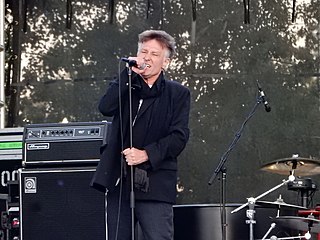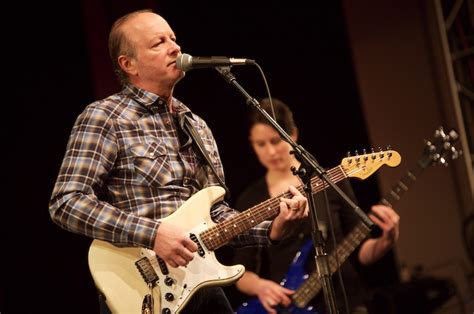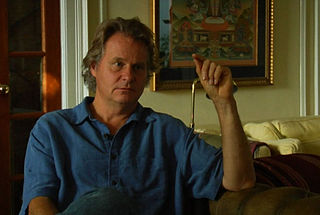Ein Zitat von Antonio Damasio
Das autobiografische Selbst wird auf der Grundlage vergangener Erinnerungen und Erinnerungen an die Pläne, die wir gemacht haben, aufgebaut; Es ist die gelebte Vergangenheit und die erwartete Zukunft.
Verwandte Zitate
„Du hast deine wundervollen Erinnerungen“, sagten die Leute später, als wären Erinnerungen Trost die Hochzeiten der Menschen, die nicht mehr verheiratet sind, die Massenkarten von den Beerdigungen der Menschen, an deren Gesichter man sich nicht mehr erinnert. Erinnerungen sind das, woran man sich nicht mehr erinnern möchte.
Eine der Hauptaufgaben des Bewusstseins besteht darin, unser Leben zu einer zusammenhängenden Geschichte, einem Selbstverständnis, zusammenzuhalten. Dies geschieht durch die Erstellung von Verhaltenserklärungen auf der Grundlage unseres Selbstbildes, Bildern, Erinnerungen an die Vergangenheit, Erwartungen an die Zukunft, der gegenwärtigen sozialen Situation und der physischen Umgebung, in der Verhalten erzeugt wird.
Die Veränderlichkeit der Vergangenheit ist der zentrale Grundsatz von Ingsoc. Es wird argumentiert, dass vergangene Ereignisse keine objektive Existenz haben, sondern nur in schriftlichen Aufzeichnungen und in menschlichen Erinnerungen überdauern. Die Vergangenheit ist alles, worüber sich die Aufzeichnungen und Erinnerungen einig sind. Und da die Partei die volle Kontrolle über alle Aufzeichnungen und ebenso über die Gedanken ihrer Mitglieder hat, folgt daraus, dass die Vergangenheit das ist, was die Partei daraus machen möchte.
Das Leben ist die Zukunft, nicht die Vergangenheit. Die Vergangenheit kann uns durch Erfahrung lehren, wie wir Dinge in der Zukunft erreichen können, uns mit wertvollen Erinnerungen trösten und die Grundlage für das liefern, was bereits erreicht wurde. Aber nur die Zukunft birgt Leben. In der Vergangenheit zu leben bedeutet, das Verstorbene anzunehmen. Um das Leben in vollen Zügen genießen zu können, muss jeder Tag neu gestaltet werden.
Die Vergangenheit existiert nur in unseren Erinnerungen, die Zukunft nur in unseren Plänen. Die Gegenwart ist unsere einzige Realität. Der Baum, den Sie aufgrund dieser kleinen Zeitverzögerung intellektuell wahrnehmen, liegt immer in der Vergangenheit und ist daher immer unwirklich. Jedes intellektuell erdachte Objekt liegt immer in der Vergangenheit und ist daher unwirklich. Die Realität ist immer der Moment der Vision, bevor die Intellektualisierung stattfindet. Es gibt keine andere Realität.
Offensichtlich kommen Ihnen die Fakten nie einfach so in den Sinn, sondern werden durch eine Vorstellungskraft berücksichtigt, die auf Ihren bisherigen Erfahrungen basiert. Erinnerungen an die Vergangenheit sind keine Erinnerungen an Tatsachen, sondern Erinnerungen an Ihre Vorstellungen von den Tatsachen.




































